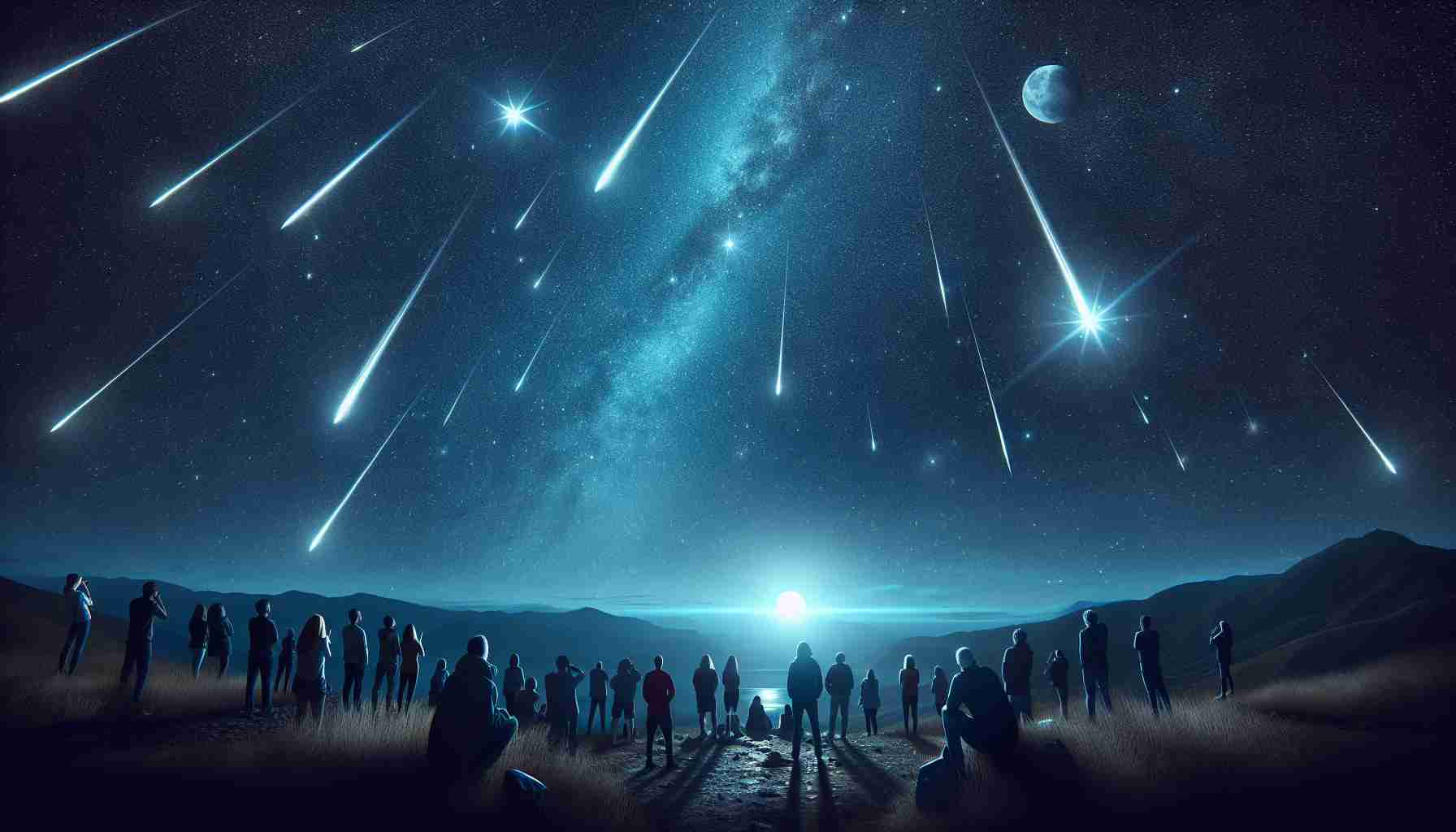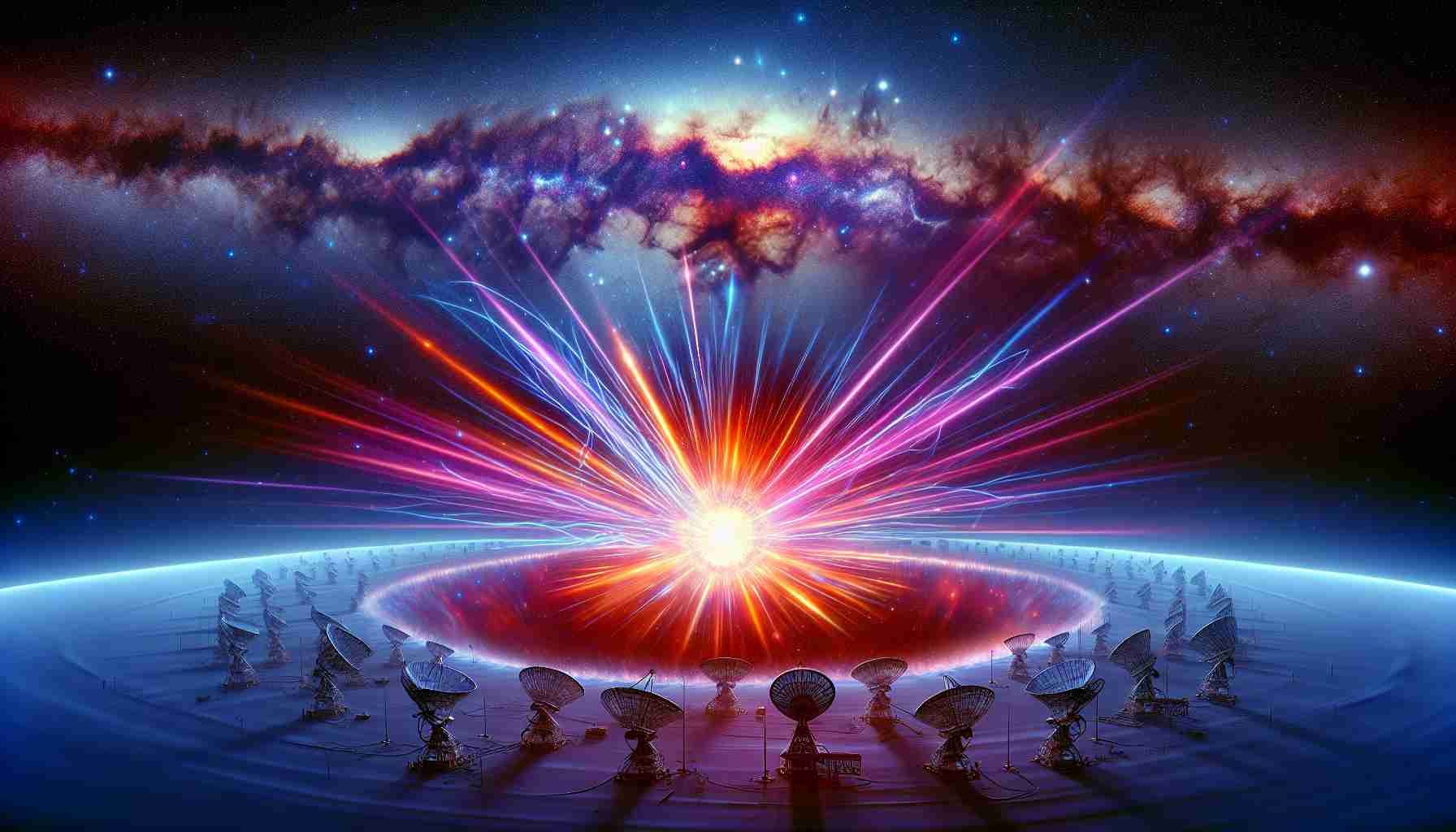Space is Changing! Discover the Latest Adventures Beyond Earth
The Dawn of a New Era in Space Exploration
Humanity is entering an exciting phase of cosmic exploration that promises to redefine our understanding of the universe. In the coming years, astronauts will look to revisit the moon, while various robotic missions are set to explore the further reaches of our solar system in a quest to find extraterrestrial life.
One noteworthy highlight of 2024 was the historic landing of the Nova-C lunar lander, aptly named Odysseus. This American-made, uncrewed spacecraft marked a monumental return to the lunar surface after nearly fifty years. Intuitive Machines, a Houston-based company, successfully landed the 14-foot-tall craft in a location previously untouched by any other spacecraft, gathering valuable data and imagery that NASA intends to utilize for future manned moon missions.
Meanwhile, Boeing faced setbacks with its Starliner, intended to carry astronauts to the International Space Station (ISS). After technical difficulties, SpaceX stepped in to bring the astronauts back safely, while Boeing’s craft continues to undergo rigorous testing for eventual operational use.
On a more ambitious scale, SpaceX ramped up testing of its Starship rocket, showcasing impressive landing maneuvers that will be crucial for NASA’s Artemis missions. Additionally, the Polaris Dawn mission broke barriers with private astronauts conducting a historic spacewalk, setting the stage for future commercial space exploration alongside profound scientific inquiries like the launch of the Europa Clipper to study Jupiter’s icy moon. This ambitious mission may hold the key to uncovering conditions suitable for life beyond Earth.
Cosmic Frontiers: What’s Next in Space Exploration?
Humanity stands on the brink of an unparalleled era in space exploration, with significant advancements on the horizon. The next few years promise to expand our cosmic horizons, filled with ambitious missions aiming not only at lunar visits but also at profound investigations throughout our solar system.
Upcoming Missions and Innovations
One of the most anticipated developments is the Artemis program, spearheaded by NASA, which aims to return humans to the Moon by the mid-2020s. This initiative is set to include the Artemis III mission, which will land astronauts on the lunar South Pole for the first time. This region is believed to contain water ice, a critical resource for both sustaining life and supporting future Mars missions.
In tandem with Artemis, the James Webb Space Telescope continues to redefine our understanding of the cosmos. Launched in late 2021, its incredible capabilities allow scientists to observe planets in distant solar systems, studying their atmospheres to potentially find signs of life. The insights from Webb are pivotal, promising to inform us about exoplanets and their habitability.
Pros and Cons of Commercial Space Ventures
Pros:
– Increased access to space: Companies like SpaceX and Blue Origin are democratizing access to space, making it possible for more governments and private entities to conduct missions.
– Innovation in technology: With private companies entering the space race, rapid advancements in rocket technology and spacecraft design are being realized.
– Economic growth: The burgeoning space economy could lead to numerous job opportunities and spur growth in related industries.
Cons:
– Environmental concerns: Rocket launches contribute to atmospheric pollution, raising concerns about the sustainability of frequent space travel.
– Market competition: An over-commercialized space environment could lead to conflicts over space resources and satellite traffic congestion.
– Safety risks: Increased private missions highlight the need for stringent safety protocols to protect astronauts and astronauts, particularly for commercial space tourism.
Comparisons of Leading Spacecraft
– SpaceX Crew Dragon vs. Boeing Starliner: While SpaceX’s Crew Dragon has successfully launched multiple times to the ISS, carrying astronauts with a high-performance record, Boeing’s Starliner has faced several delays due to technical issues. As of now, SpaceX’s spacecraft demonstrates reliability, which is crucial for future manned missions.
– Mars Rovers: NASA’s Perseverance rover, launched in 2020, is designed to further investigate Mars’ geology and search for signs of past life, while Europe’s ExoMars mission aims to drill into the Martian surface in search of biosignatures. The collaboration and competition between these missions underscore a global obsession with understanding Mars.
The Road Ahead: Predictions and Trends
Analysts predict that by 2030, we will witness expanded human presence on the Moon, and potentially the first human landing on Mars. Innovations in propulsion technologies, such as ion propulsion and nuclear thermal propulsion, are expected to accelerate interplanetary travel, bringing distant targets within reach.
Sustainability Efforts: The space industry is also starting to focus on sustainability. Initiatives to develop reusable rockets, such as SpaceX’s Falcon 9, highlight a shift toward minimizing waste in space endeavors. Currently, efforts to track and reduce space debris are being prioritized to preserve the orbital environment.
Conclusion
As humanity embarks on this thrilling journey into the final frontier, the convergence of government initiatives and private endeavors shapes a promising pathway for discovery. From lunar landings to Mars missions, and even deeper explorations with missions like the Europa Clipper, the next decade is poised to revolutionize our understanding of the universe and our place within it.
For the latest updates on space exploration, visit NASA for comprehensive insights.














